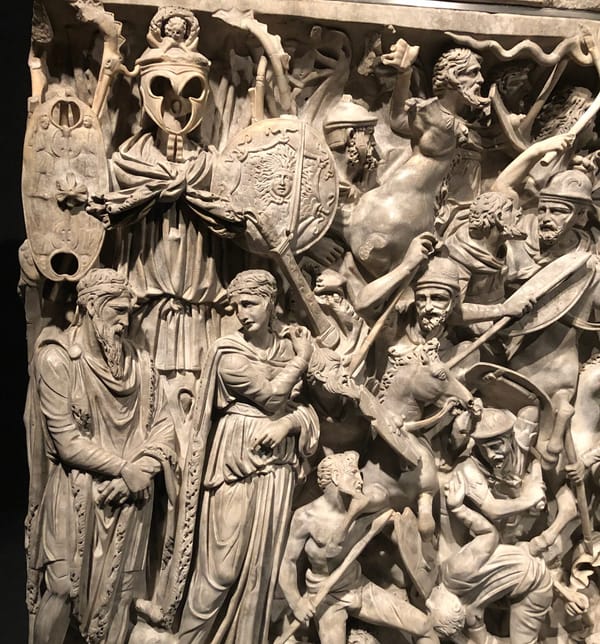
Teaching about history: not just names, dates, or "one f-ing thing after another"*
When or if we do teach history, we'll be doing a lot more good if we're giving students opportunities to practice historical thinking, to develop historical literacy.
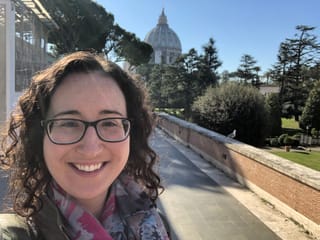

When or if we do teach history, we'll be doing a lot more good if we're giving students opportunities to practice historical thinking, to develop historical literacy.
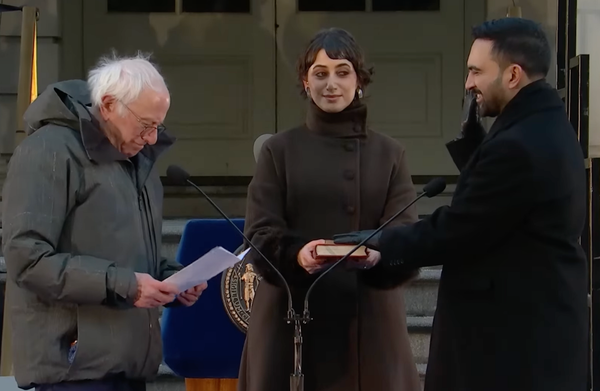
It was indeed a frigid New Year's Day when Zohran Mamdani was sworn in as the new mayor of New York City – there were plenty of spectators, and they looked really cold, but that didn't stop them from cheering. The theme of Mamdani's remarks
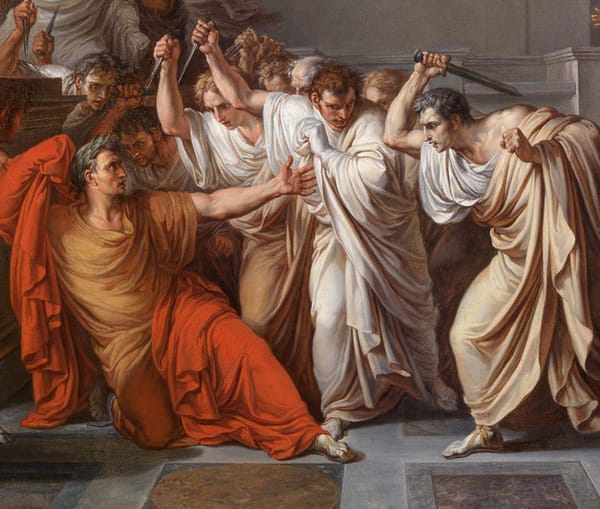
In a state of uncertainty, there are difficult ethical decisions to be made. Cicero did not take the most ethically rigorous stance, but I think that makes him more interesting to think with, especially now.

In Part I of this post, which began as a review of the new book The Opposite of Cheating: Teaching for Integrity in the Age of AI, I summarized some strategies for designing away the conditions that lead some students to cheat. Just as drivers might bend the rules of
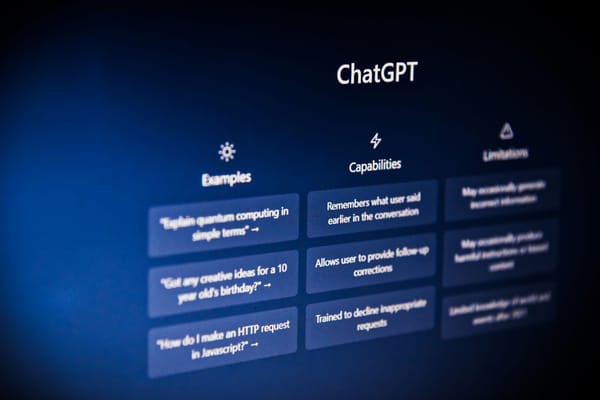
When I first saw the announcement that Tricia Bertram Gallant and David A Rettinger were putting out a new book called The Opposite of Cheating: Teaching for Integrity in the Age of AI, I immediately thought about reviewing it here. Based on the title alone, it addresses one of the
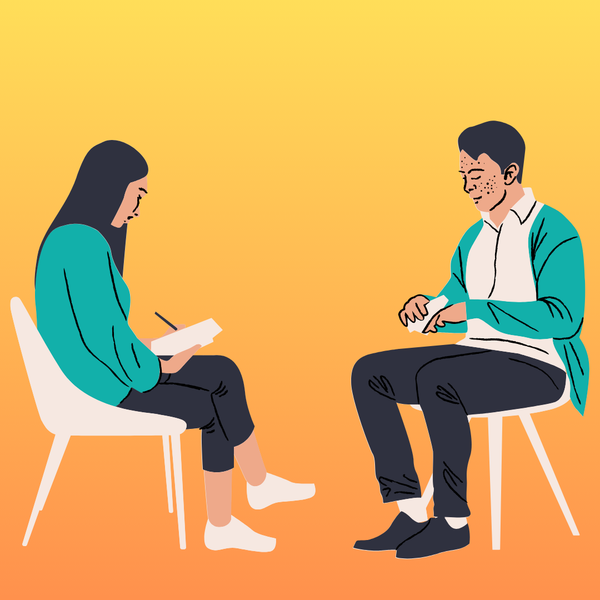
Oral exams have been proposed as a solution to AI-assisted plagiarism. Adding that interpersonal dimension of oral communication can result in more durable learning and a greater feeling of satisfaction, a perception of meaningful growth. That means that we as educators might enjoy them more too.

Discussion is an opportunity for students to practice communicating with each other and weighing judgments or proposed actions together, as they must if they are going to be citizens of a democracy. So discussion might be the single most important skill a student can learn in college.

Reading is hard. It requires greater focus and concentration and attention than looking at photos or memes. The dopamine hits that bombard TikTok users are hard to come by in books. What does BookTok have to teach us about motivating students to read?
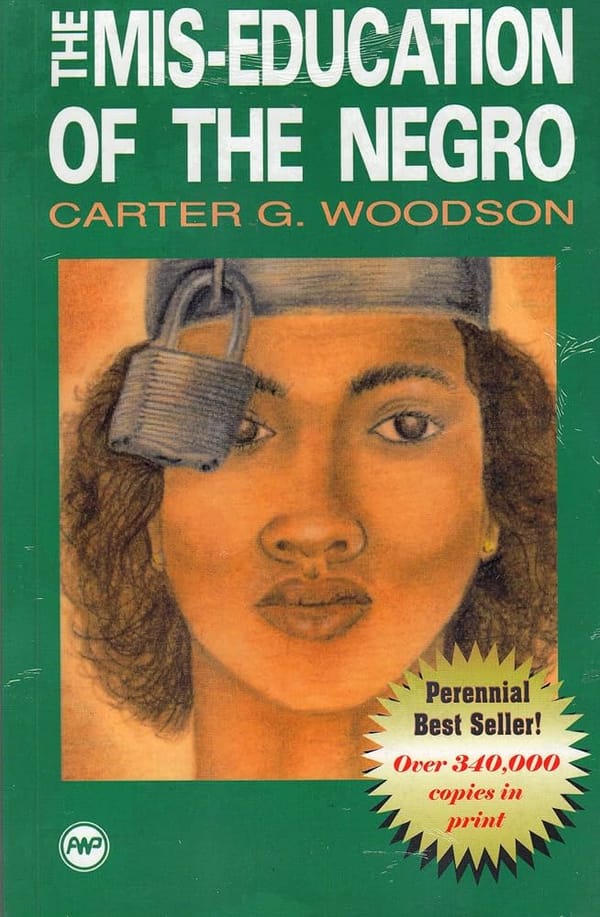
There's something to be said for being the kind of educator that authoritarians want to ban, if you can afford the risk.

Aristotle described a broad education as one of the distinguishing characteristics of a free person but also of a free and independent mind, hence “liberal" education. Citizens in a democracy need education to free their mind.
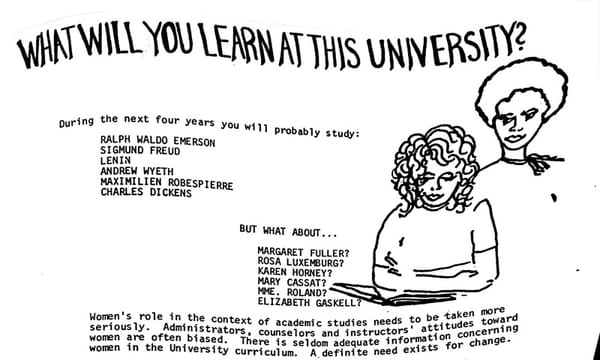
The core principles of feminist pedagogy are radically inclusive and democratic: An insistence that education be applicable to real struggles to liberate; An effort to make classroom spaces more egalitarian or democratic; and The validation of lived experience as a source of knowledge
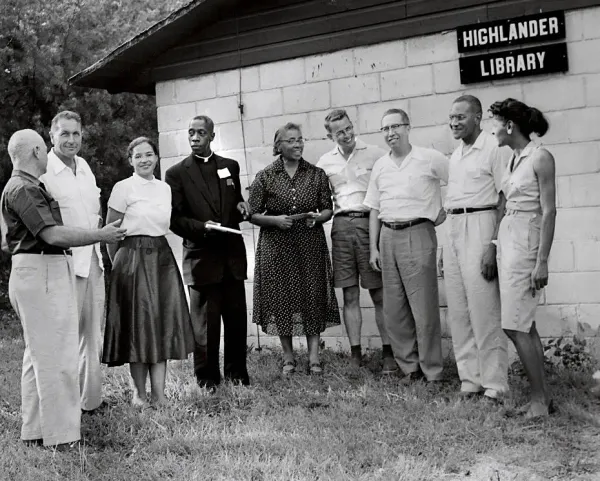
Highlander was all about empowering marginalized, oppressed people to realize how much they actually already knew, to find solidarity with others around them, and to use their knowledge to bring about social change together.